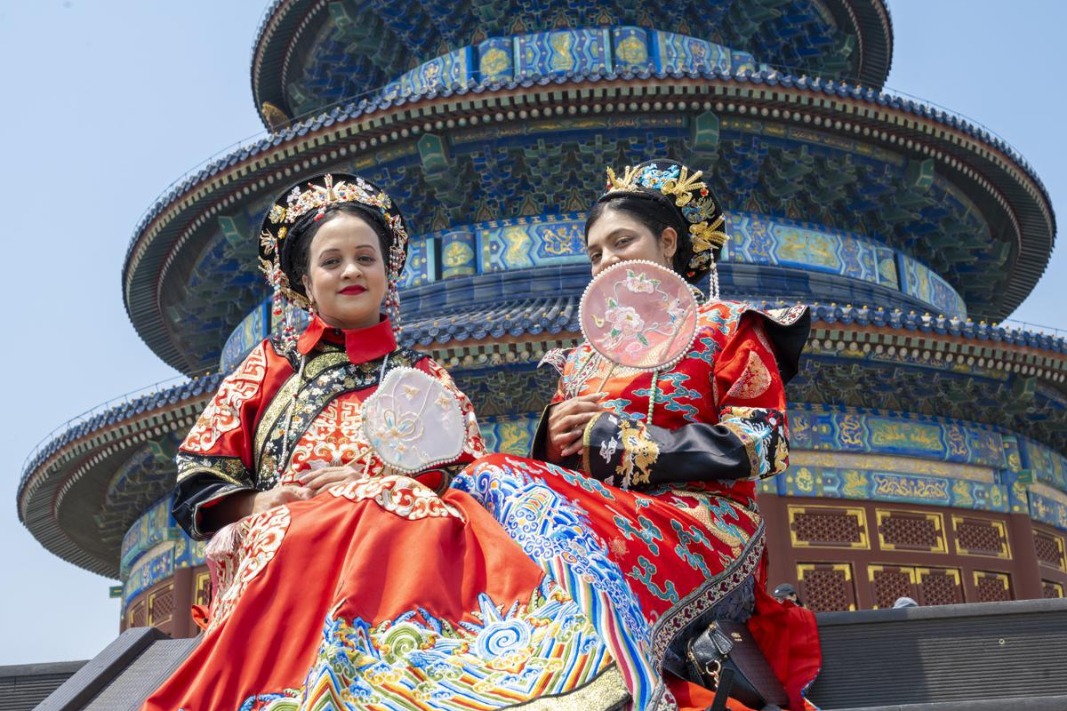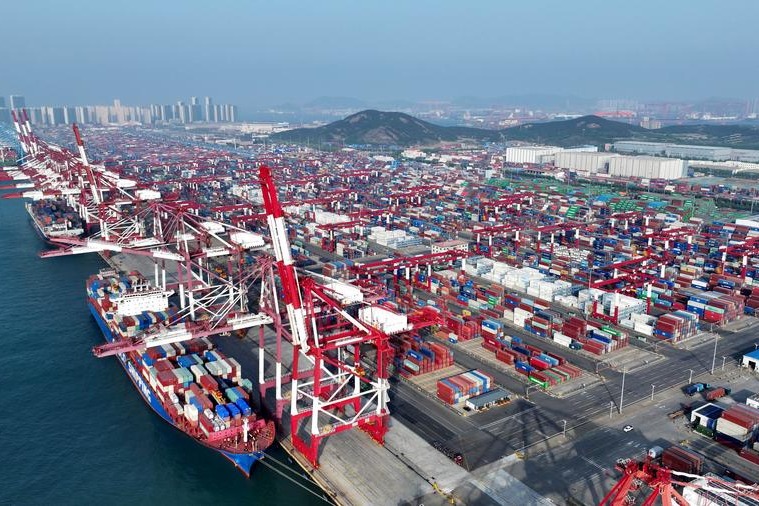Rumors of policy shifts dispelled

Responding to suggestions that a new head of the central government's Liaison Office in the special administrative region means a change of its Hong Kong policy, the office's former director, Zhang Xiaoming, rightly stressed that the central government's policy toward the SAR does not change with a change of personnel.
Monday's remarks by Zhang, now director of the Hong Kong and Macao Affairs Office of the State Council, hit the nail on the head. He eloquently dispelled rumors - spread by people who do not understand the central government and by those who want to create confusion - emphasizing that the central government's major policy toward Hong Kong - "one country, two systems", "Hong Kong people governing Hong Kong" and a high degree of autonomy - never waivers.
Such a policy has never changed since it was formulated in the 1980s. It was a blueprint that was thoroughly thought out. It had been designed in such a way that both the country and Hong Kong stood to reap the greatest benefits. It was the best solution for a difficult political issue of historic proportions.
When negotiating for the city's future then, the British were certainly not ready to give up their interests in East Asia easily. They resorted to different ways to persuade Beijing to let them retain this "Pearl of the Orient", including suggesting "exchanging sovereignty for the right to rule" and warning that Hong Kong would descend into chaos if governed by the Chinese. But the central government leaders were not swayed by their arguments or threats. Once it was established, the central government's Hong Kong policy did not change course easily, not under immense pressure from the Britain's "Iron Lady" Margaret Thatcher, who had just won the Falklands War, not when betrayed by the last governor Chris Patten who infamously breached agreements between the two countries - and not in the face of unreasonable interference from the US government over the years.
Meanwhile, Zhang's resolute attitude against Hong Kong separatism during his tenure was not due to his personality. He was implementing the central government's guideline - upholding "one country, two systems" and showing zero tolerance to Hong Kong separatism. China's insistence on retaining its sovereignty over Hong Kong has been, from day one, one of its greatest priorities. That could also be seen in the Basic Law, promulgated in 1990, which says in its preamble that "Hong Kong has been part of the territory of China since ancient times", and in Article 1 that "The Hong Kong Special Administrative Region is an inalienable part of the People's Republic of China".
The people in charge of Hong Kong affairs may change from time to time over the years, but the central government's major policy toward Hong Kong has never changed and will remain so for a long time to come.

(HK Edition 09/26/2017 page8)
Today's Top News
- Dialogue and cooperation key to keeping Sino-US relationship on the right course
- Xi says dialogue, cooperation only right choice for China, US
- Tariffs take heavy toll on US first and foremost: China Daily editorial
- Washington stands in the way of efforts to end humanitarian disaster in Gaza
- Xi, Trump hold phone talks
- Xizang maintains world-class ecological standards






























